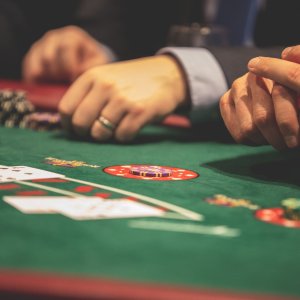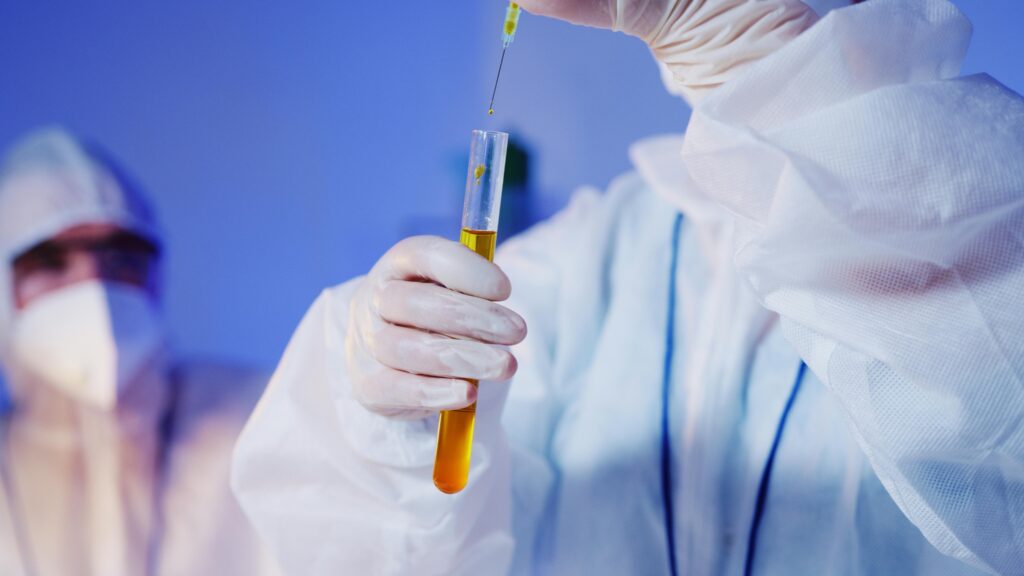 Similar to alcohol and drug addictions, there are a number of compulsive behaviors that people end up getting addicted to. Like chemicals, behavioral addictions, also produce a release of dopamine in the brain producing a euphoric high, which is a powerful reinforcer. Many of these behavioral addictions are costly, dangerous, and have serious consequences for people financially, legally, socially, relationally, and emotionally.
Similar to alcohol and drug addictions, there are a number of compulsive behaviors that people end up getting addicted to. Like chemicals, behavioral addictions, also produce a release of dopamine in the brain producing a euphoric high, which is a powerful reinforcer. Many of these behavioral addictions are costly, dangerous, and have serious consequences for people financially, legally, socially, relationally, and emotionally.
Common Behavioral Addictions
Let’s look at the myriad of things people get addicted to.
- Gambling: This is a well-studied and recognized addiction in the medical community. People addicted to gambling often spend more than intended, gamble longer than intended, chase loses, borrow or steal to gamble, are unable to cut down or quit, have cravings to gamble, lie and conceal their losses, and often risk jobs and relationships to gamble.
- Spending: Although there are no defined criteria or diagnoses for the majority of behavioral addictions, they often share a lot of the same characteristics and symptoms. Many people find themselves losing control of shopping and spending. They often feel a high when shopping or buying and often have lost interest in what they bought shortly after. For them it is less about acquiring things, than the high of pursuing and getting the objects. They often end up in financial straits and relationship discord. Like gamblers they will lie and conceal their spending.
- Porn/Sex Addiction: Also a debated condition in the medical world, there a several private pay treatment centers and 12 step group like sex addicts anonymous to help people struggling with sexually compulsive behavior. Often sex addictions break up relationships, could have legal consequences in situations of public indecency or use of prostitutes, and physical risks for sexually transmitted diseases. Like most addictions, there is a loss of control and people feel compelled to engage in their sexual behavior. Unlike other addictions, there is often more stigma and shame associated with sex addiction given our culture’s sexually repressed nature.
- Online Gaming: Plenty of people enjoy video games but it doesn’t interfere with their regular lives. Others find themselves spending 30-60 hours a week gaming, staying up playing much longer than they planned, may end up oversleeping for work or simply performing poorly at work from fatigue. Relationships often suffer as more and more time is spent gaming.
- Binge Eating Disorder: This is the only other recognized behavioral addiction in the medical world. Compulsive binge eating leads to obvious physical and medical conditions. Even attempts to curb the problem such as bariatric/gastric bypass surgery is sometimes not enough to stop people’s addictive tendency and they end up stretching out their stomachs again and continue to struggle with weight issues.
- Treatment: As mentioned, some of these addictions have formal treatment programs either in-patient or intensive out-patient to help people recover from their addictions. Others get help through community support groups such as 12 step support groups or find a therapist or counselor that specializes in addiction issues.
If you are struggling with addiction issues, feel free to contact IPC so you can schedule an appointment with one of our providers. Please call us now at 763-416-4167, or request an appointment on our website: WWW.IPC-MN.COM so we can sit down with you and complete a thorough assessment and help you develop a plan of action that will work for you. Life is too short to be unhappy. Find the peace of mind you deserve.
To get more great resources, sign up for our newsletter, like us on Face Book, or follow us on Twitter.
Innovative Psychological Consultants
Peace of Mind You Deserve
Schedule An Appointment
"*" indicates required fields


